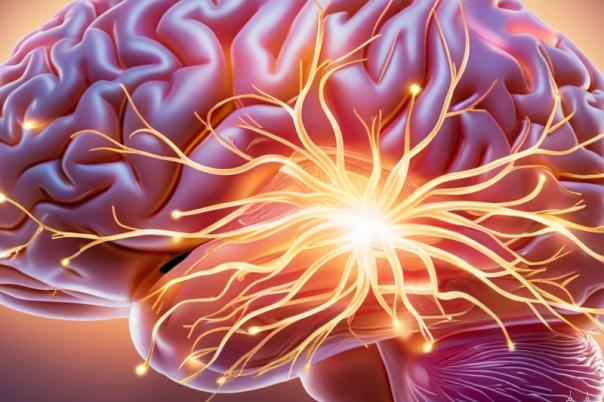Digital Biomarkers can be used to stratify patient populations in neuroscience drug development and improve clinical trial outcomes by identifying biologically specific subgroups instead of relying on diagnostic criteria. Jenny Barnett, Chief Executive Officer at Monument Therapeutics, advocated for combining digital biomarkers and drugs to facilitate the development of Monument’s Programs.
Schizophrenia impacts 1% of the population and has an estimated market potential of over $1billion per year. Monument Therapeutics adopts a ‘transdiagnostic’ outlook and is looking to extend its programs to ADHD and autism spectrum disorders.
While existing treatment for schizophrenia is effective at treating hallucinations and certain episodes, cognitive impairment associated with Schizophrenia remains an unmet need. To address this, Barnet uses a digital biomarker for latent inhibition (attention gating) to identify patients most likely to benefit from a fixed-dose combination of two nicotinic receptor agonists. The main goal is to enhance cognitive function and safety, especially since previous attempts to use nicotinic drugs to boost cognitive function in Schizophrenia and Alzheimer’s have suffered from an off-target 5HT3 gastro problem.
Barnett explained that by combining her two selected drugs in a pre-clinical experiment, the team achieved a pro-cognitive boost. They played around with the ratio until they achieved an optimal one. On their own, neither drug performed well, but together they achieved a synergistic effect. The next step is to take this to a phase 1b study to examine proof of proof-of-mechanism study in high schizotypy individuals (people without a clinical diagnosis of schizophrenia but who have schizophrenia-like biology).
Another program addresses neuroinflammation, particularly post-operative cognitive decline (POCD) in older adults after surgery. This can also be a common symptom in cancer patients undergoing chemotherapy, leading them to stop treatment. A digital biomarker predicts risk, and a reformulated anti-inflammatory drug (MT1980) is being developed to penetrate the brain and prevent or treat neuroinflammation. It relies on a lipid encapsulation to cross the blood-brain barrier.
Looking ahead, Monument is actively extending its focus to other conditions involving neuroinflammation and cognitive dysfunction, such as long COVID and "chemo brain." Barnett mentioned her ongoing fundraising to support further proof-of-mechanism studies.




